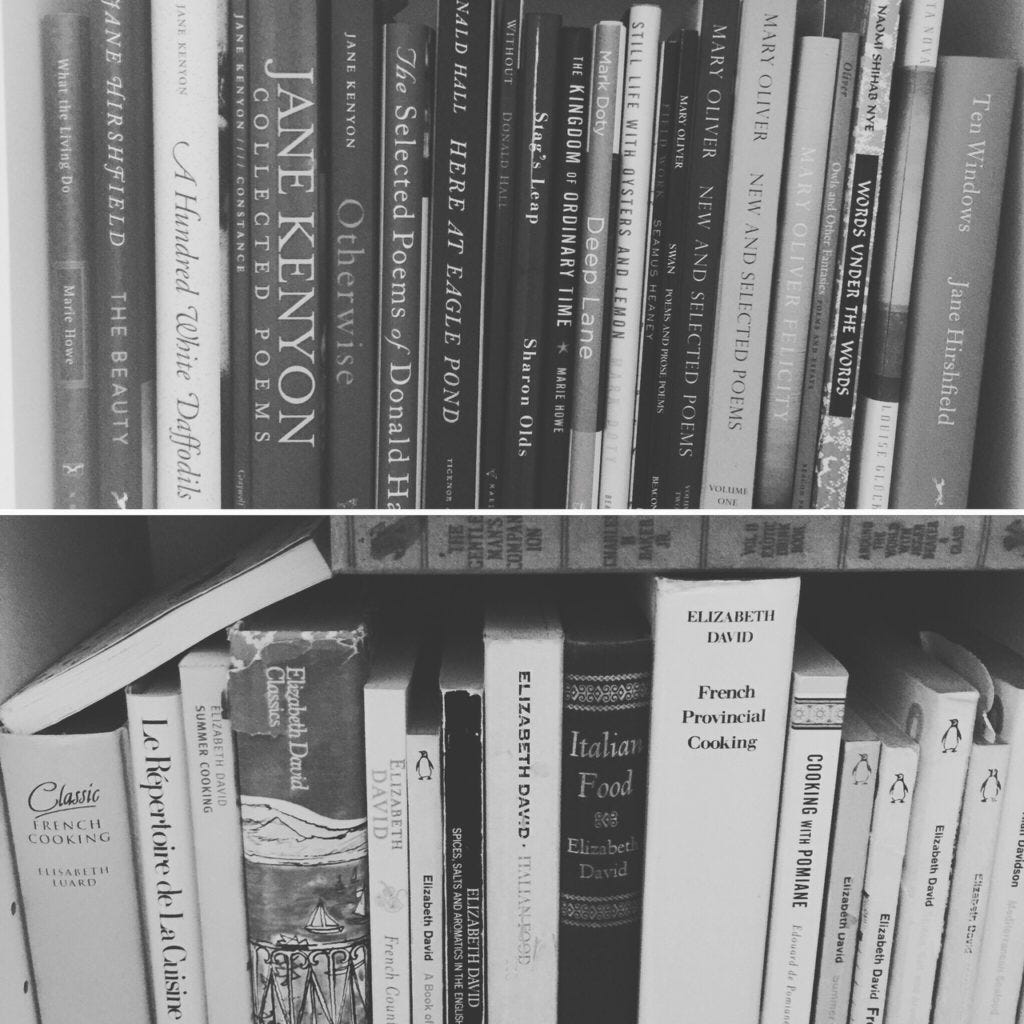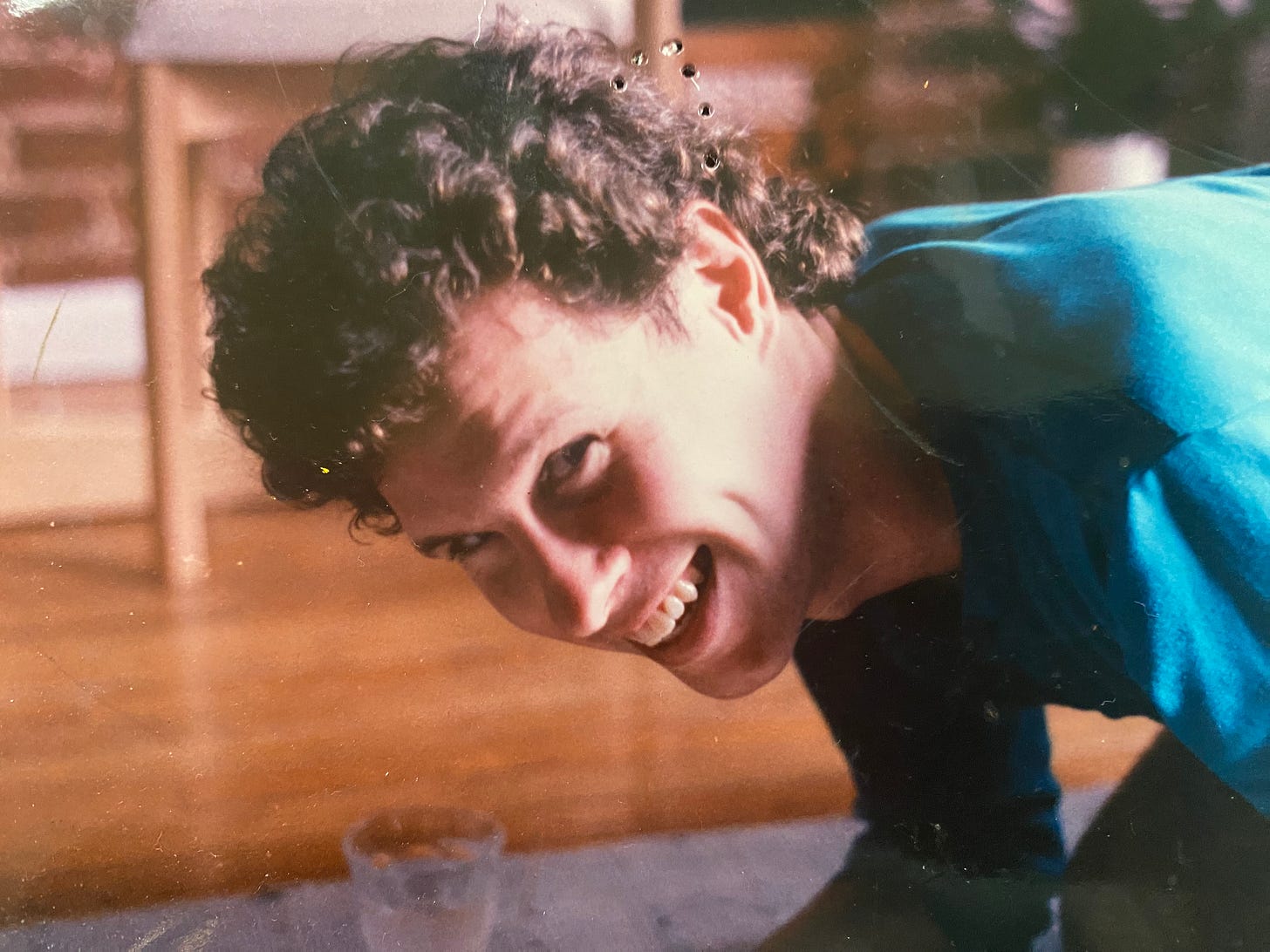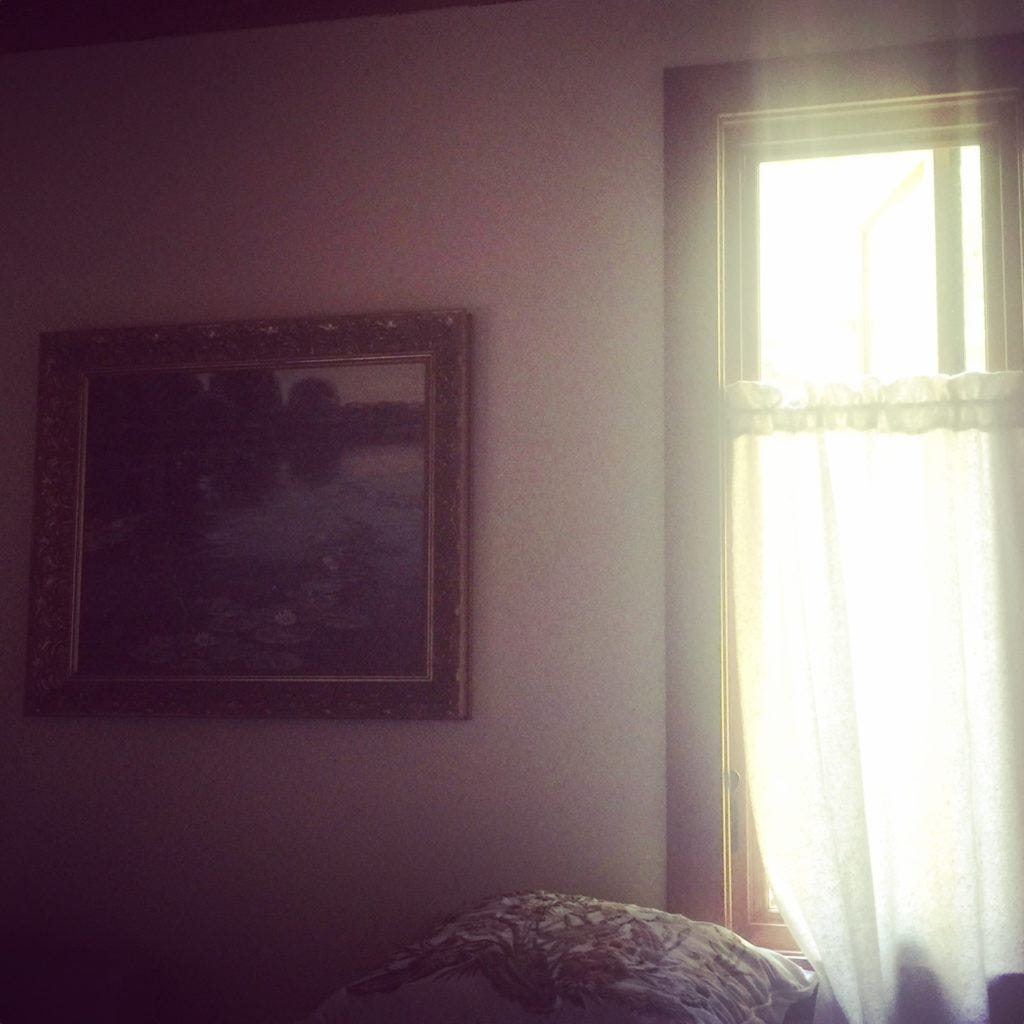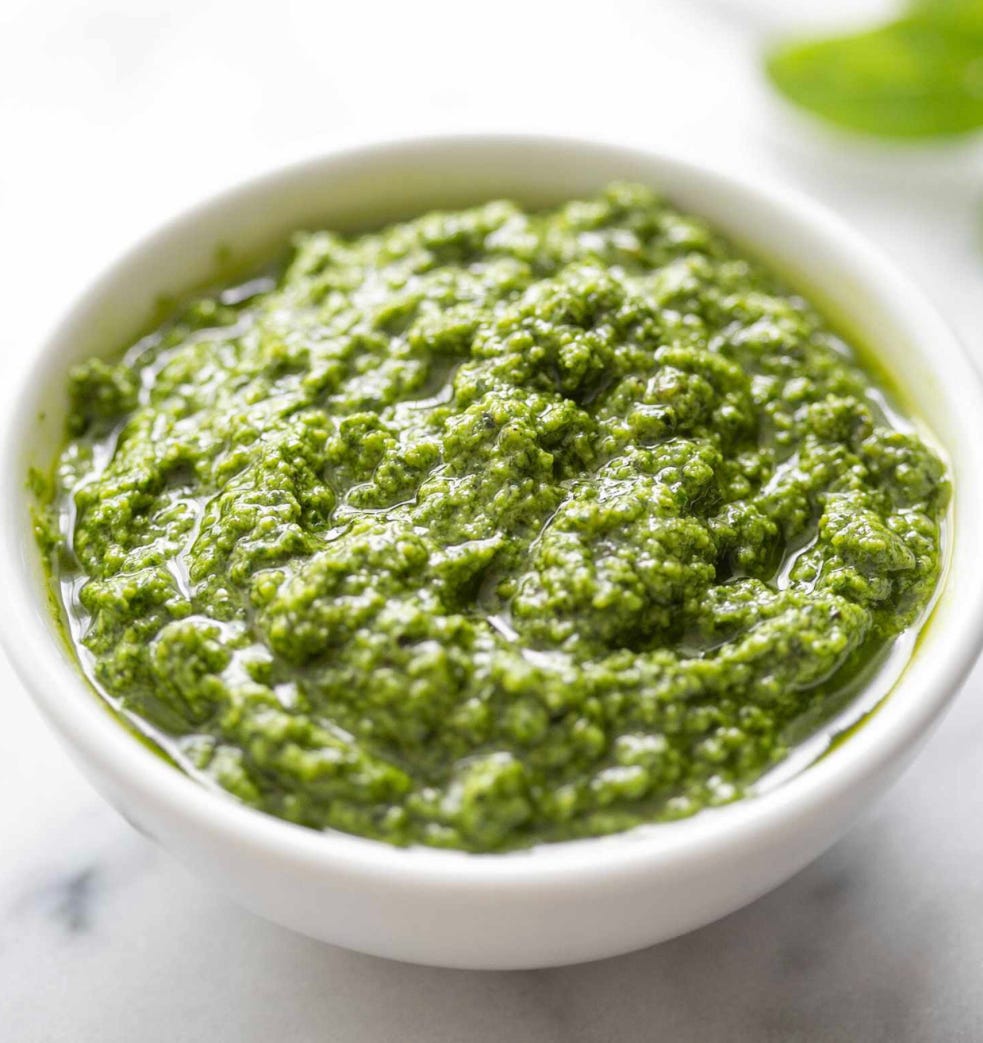Our work schedules change in the summer.
Susan works longer days and has alternating summer Fridays off, so the alarm clock rattles earlier than usual. The dog is still asleep, the cats are still asleep, I’m still asleep. A splash of pre-dawn light filters through the window over my dresser. For a long time, I just rolled over, but lately, I’m getting up with her. It’s not like me — I am not nor have I ever been a morning person and when my mother woke me for grade school, I would often fall asleep on my bathroom floor — and now, without alcohol in my life, I’m sleeping like a rock, which makes it even harder to get out of bed. Still, Susan’s alarm goes off at six thirty in the morning, and I hate six thirty in the morning; I’m trying to change that. But like wine with dinner, old habits.
Lately, though, I find myself looking forward to these early hours. Most days I lay in bed and read — actual books of the actual paper variety — until seven or so, and then I get up to feed the wild hordes and, if Susan is at her desk, walk Petey around the block. I make myself a cup of coffee and sometimes a hard-boiled egg, I check my email and try not to get sucked down the wormhole that is social media, and then I get down to work: I re-read the previous days writing and pray that it propels me forward which, if the stars are aligned, it sometimes does.
Stories suture up our parts against a primordial awareness that we are in pieces. They knit our bodies and our worlds into shapes we can use and that make sense to us, shapes that can break and be repaired in sufficiently predictable ways to allow us to live. - Emily Ogden
I’ve been reading a lot of poetry before I’m even upright, drawing from a stack next to my bed: Mary Oliver, Marie Howe, Hafiz, Jane Kenyon, Donald Hall, Jane Hirshfield., WS Merwin.
Where are you, Angel of Mercy?
Outside in the dusk, among the flowers?
Leaning against the window or the door?
Or waiting, half asleep, in the spare room?
I’m here said the Angel of mercy.
I’m everywhere – in the garden, in the house,
And everywhere else on earth – so much
Asking, so much to do. Hurry! I need you.
- Mary OliverAlways, there is Mark Doty, who many years ago showed me that the line between exquisite prose and poetry was gossamer. I picked up Heaven’s Coast after two of my best friends, a couple, died of AIDs within a year of each other in 1996, leaving everyone who knew them staring into an abyss, broken and wordless. I watched Peter and Tim — kind, brilliant men and practiced meditators who, every day at their country cottage rose before the sun to sip tea in their garden; get up early, Tim would implore — shrink and fade into vague glimmers of themselves, aging before my eyes as their lives became a litany of cocktails and T-cell counts and hospital visits. One by one, their friends began to die, their beautiful upstate New York weekend houses in bucolic places like Saugerties and Mount Tremper sloughing off cherished possessions like skin. Couches, dressers, dining room tables were passed around until there was nobody left to pass them to; estate sales and auctions turned up familiar place settings, and first edition leatherbounds that might have been read three years earlier in front of a fireside dinner party. I have pictures of Tim in my first Manhattan walkup apartment from the years before he and Peter got sick, ebullient and beaming over a blue and white Conran’s planter that I bought for his July birthday, which he used strictly to grow Genovese basil on his Chelsea windowsill. And I have his last Christmas gift to me: a small wall sculpture in the shape of an angel.
I clung to Heaven’s Coast like a blanket, and I let its words and its sorrow fill my ears and knit my heart back together. This is what good writing does; it’s a balm for grief. In Emily Ogden’s On Not Knowing, she writes Stories suture up our parts against a primordial awareness that we are in pieces. They knit our bodies and our worlds into shapes we can use and that make sense to us, shapes that can break and be repaired in sufficiently predictable ways to allow us to live.
And when Susan and I were still in the earliest phase of our relationship — she had just gone through a bad breakup and we were emailing but hadn’t yet met (although we had first set eyes on each other in Central Park in 1986 back when we were mere children in our twenties and thirties) — and she told me that she was spending a lot of time in the early mornings sitting in her kitchen reading Donald Hall’s Without — written after Hall’s loss of his beloved wife, poet Jane Kenyon, to leukemia, that was it for me. That was all it took.
It’s been a very noisy few months here, filled with the clatter of uncertainty, of not knowing: my continued living with long Covid; my mother’s increased need for attention; writing my next book; reissuing my first two books after many years out of print; politics so loud and unhinging that steadying myself has become a full-time job; giving up alcohol because it was destroying my body after so many years as a food writer. So the need for quiet, for an anchor, for psychic ballast, is ever-present in my home. Waking early before dawn to read poetry grounds me like almost nothing else except, perhaps, cooking, or playing guitar. It’s a genetic thing: when my grandmother died and my mother cleaned her apartment out, she found Gaga’s Complete Poems of Henry Wadsworth Longfellow, copyright 1915, its spine shattered and held in place with silver gaffing tape. When she couldn’t sleep, my grandmother paced her Queens living room from one end to the other while reciting Longfellow’s Evangeline mostly from memory until the sky turned red, the book clutched in her hands.
In the fisherman's cot the wheel and the loom are still busy; Maidens still wear their Norman caps and their kirtles of homespun, And by the evening fire repeat Evangeline's story, While from its rocky caverns the deep-voiced, neighboring ocean Speaks, and in accents disconsolate answers the wail of the forest.
Getting up before the day is what she used to call it. Waking before the noise, windows open, the air dense with perfume, up before the din. It’s soothing and restorative to hear good sounds; like poetry, it’s music to my ears, and rich, good memory.
[RECIPE]
Tim’s Pesto
The world does not need another pesto recipe, but this is the first one I ever made and it is good, if elemental. Tim and Peter were vegetarians and ate this tossed with pasta, as one does. When they weren’t looking, I often left out the cheese, thinned it out with a little water, and drizzled it over hard-cooked eggs or the freshest white fish I could find — Halibut or Black Sea Bass — which I still do today, all these years later.
1 large bunch (2 heaping cups) Genovese basil leaves, washed and patted dry
2 cloves garlic
1/3 cup pine nuts (or 1/4 cup walnut meats)
1/2 cup extra virgin olive oil, plus more for storing, if necessary
Salt and pepper, to taste
1/3 cup freshly grated Parmigiana Reggiano
In a food processor or blender, blitz together the basil leaves, garlic, and pine nuts until coarsely chopped. With the motor running, drizzle in the olive oil and continue to process until smooth. Taste and correct the seasoning, and add the cheese. Continue to pulse until smooth. To store, place in a lidded container and top with a slick of more oil.










Mornings are excellent, I promise
Reading your story about your friends and especially Tim was so heartbreaking and sad and then I saw his photo and I could barely keep it together. I am so very sorry for your loss. Thank you for sharing your story I’m definitely not a morning person either but reading poetry in the early morning sounds rather heavenly!